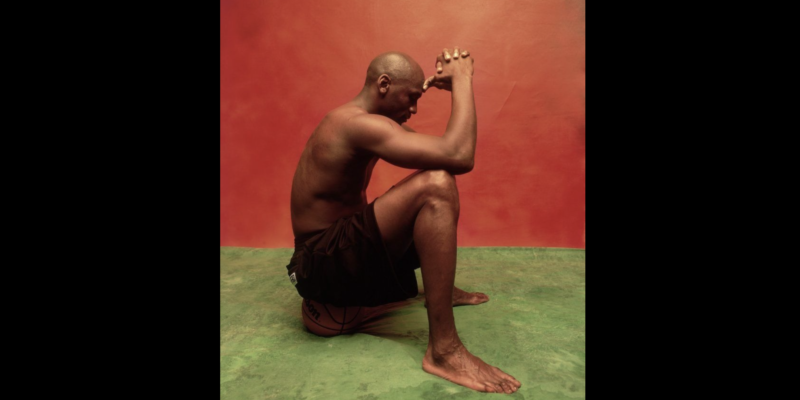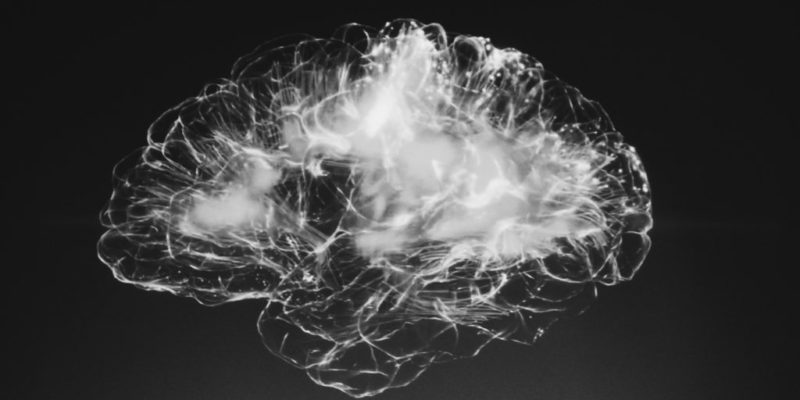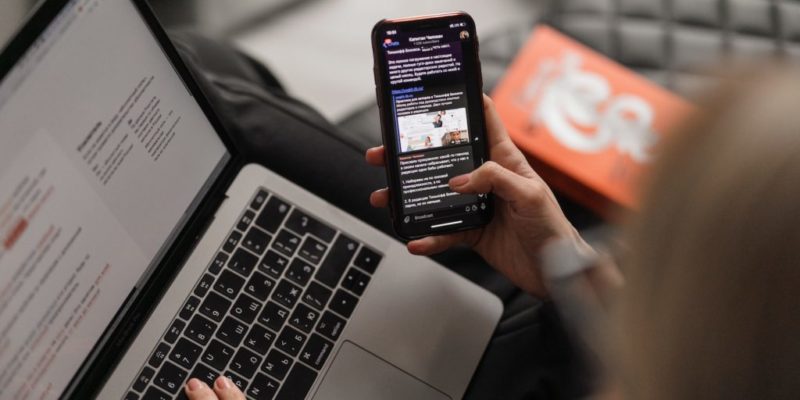Sport & performance psychology combines evidence-based research with applied strategies to help athletes, coaches, and performing artists learn how to perform at their optimal level consistently, increase enjoyment and improve overall mental wellness.
Mental toughness is an athlete’s ability to perform their best in every competitive situation, regardless of the environmental obstacles or adversity faced (Burton & Raedeke, 2008). Mental toughness is not a single skill, but rather an entire set of mental skills that contribute to consistent optimal performance under pressure in competition. Mental skills are sport-specific psychological skills that contribute to an athlete’s ability to optimally perform (Weinberg & Gould, 2019). Below are a few examples of key mental skills foundational to sport & performance psychology.
[Read more…] about What is Sport & Performance Psychology?




